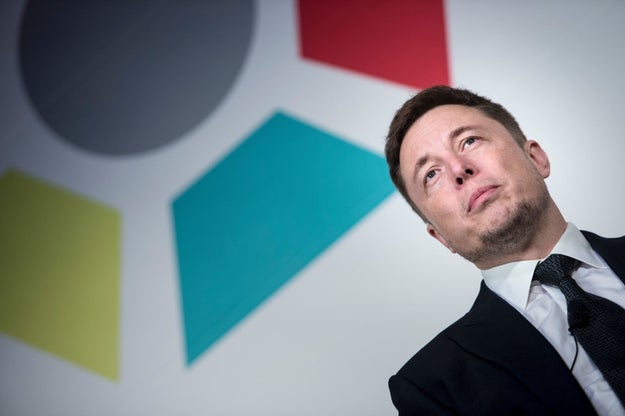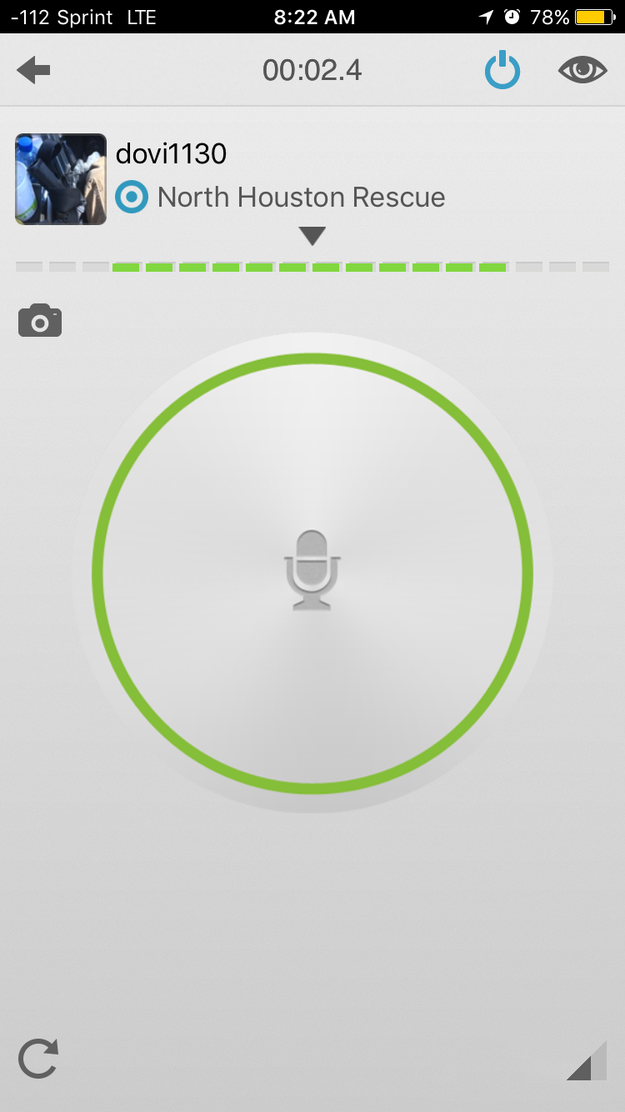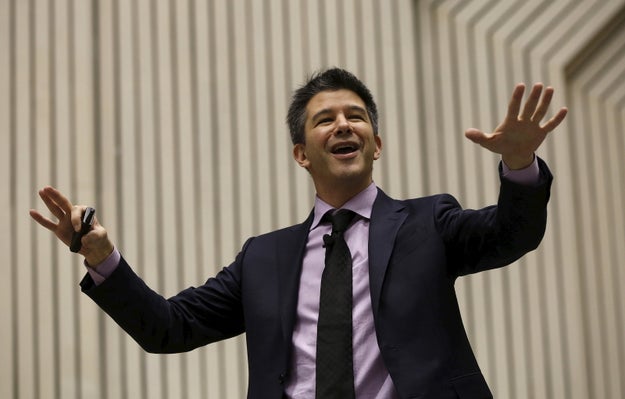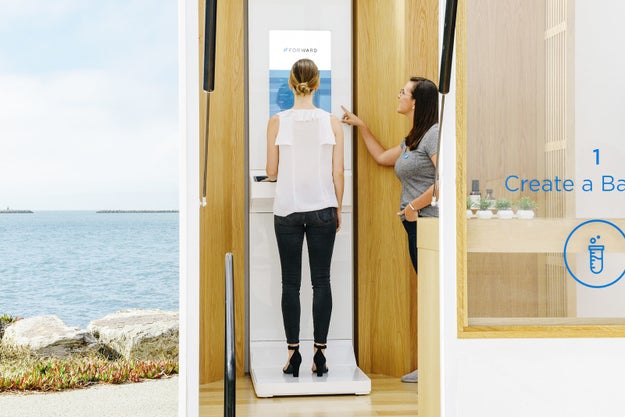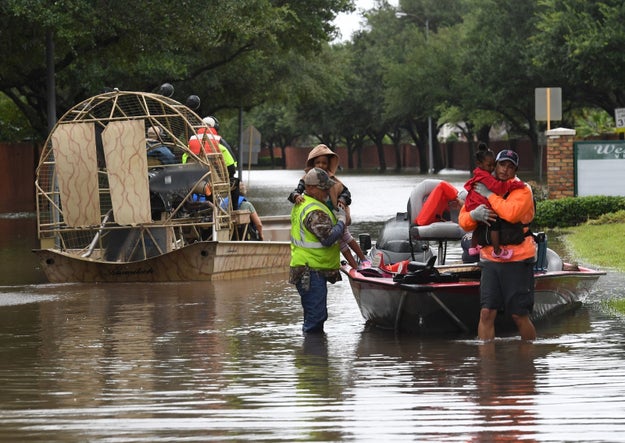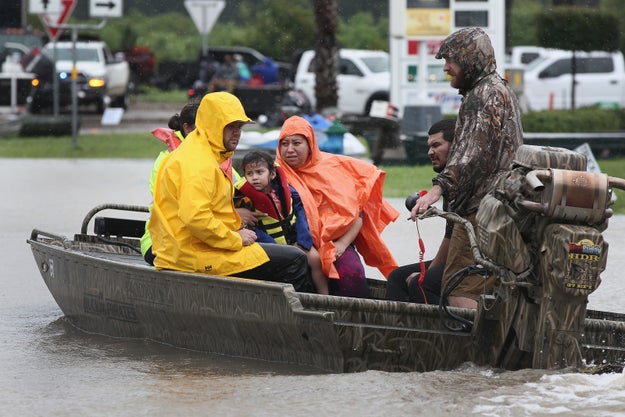
In a letter circulated by the Silicon Valley lobbying group FWD.us, tech companies are voicing opposition to reports that President Trump will end an Obama-era program that allows young, undocumented immigrants to stay in the United States.
Frederic J. Brown / AFP / Getty Images
On Thursday, Fox News reported that Trump will end Deferred Action for Childhood Arrivals, the program also known as DACA, as early as Friday. Enacted by the Obama administration in 2012, the policy grants young immigrants who meet certain criteria a temporary reprieve from deportation. The reports are unconfirmed as of now.
But the news elicited strong criticism from tech companies, which say immigrants are a crucial part of their workforce. Uber and Microsoft publicly condemned the reported changes on Thursday. Meanwhile, FWD.us is collecting signatures on a letter that protests the potential move.
The letter has not yet been released, but BuzzFeed News obtained a current version of it. FWD.us declined to comment.
Open Letter from Leaders of American Industry
Since the country’s birth, America has been the land of opportunity – welcoming newcomers and giving them the chance to build families, careers, and businesses. In turn, our nation has been strengthened and fueled by the energy, drive, and passion of immigrants. As entrepreneurs and business leaders, we are concerned about new developments in immigration policy that threaten the future of Dreamers, young undocumented immigrants brought to America as children.
The Deferred Action for Childhood Arrivals (DACA) program, which allows nearly 800,000 Dreamers the basic opportunity to work and study without the threat of deportation, is in jeopardy. All DACA recipients grew up in America, registered with our government, submitted to extensive background checks, and are diligently giving back to our communities and paying income taxes. More than 97 percent are in school or in the workforce, 5 percent started their own business, 65 percent have purchased a vehicle, and 16 percent have purchased their first home. At least 72 percent of the top 25 Fortune 500 companies count Dreamers among their employees.
Unless we act now to preserve the DACA program, all 780,000 hardworking young people will lose their ability to work legally in this country, and every one of them will be at immediate risk of deportation. Our economy would lose $460.3 billion from the national GDP and $24.6 billion in Social Security and Medicare tax contributions.
Dreamers are vital to the future of our companies and our economy. With them, we grow and create jobs. They are part of why we will continue to have a global competitive advantage.
We call on President Trump to preserve the DACA program. We call on Congress to pass the bipartisan DREAM Act.
It’s the right thing to do for America.
In response to a query from BuzzFeed News, Lyft confirmed that co-founders Logan Green and John Zimmer have signed it. BuzzFeed News has learned that Uber has also signed it. Sources told BuzzFeed News that Google intends to sign it as well. This post will be updated with more names as they become public.
In a public statement, Uber said it opposes ending DACA.
“Dreamers grew up here, live here, and are contributing to our communities and our economy," an Uber spokesperson said in a statement Thursday. "Their contributions make America more competitive and they deserve the opportunity to work, study, and pursue the American dream.”
So did Microsoft.
"DACA recipients bring a wide array of educational and professional backgrounds that enable them to contribute in crucial ways to our nation’s workforce," said president Brad Smith in a blog post. "They are part of our nation’s universities and work in every major industry. They are artists, advocates and health care providers. They help meet the needs of our communities and our companies.
CEO Satya Nadella followed up with a more personal note on LinkedIn. "As I shared at the White House in June, I am a product of two uniquely American attributes: the ingenuity of American technology reaching me where I was growing up, fueling my dreams, and the enlightened immigration policy that allowed me to pursue my dreams," he wrote.
This is a developing story. Check back for updates and follow BuzzFeed News on Twitter.
via BuzzFeed - Tech http://ift.tt/2gt0xMG
